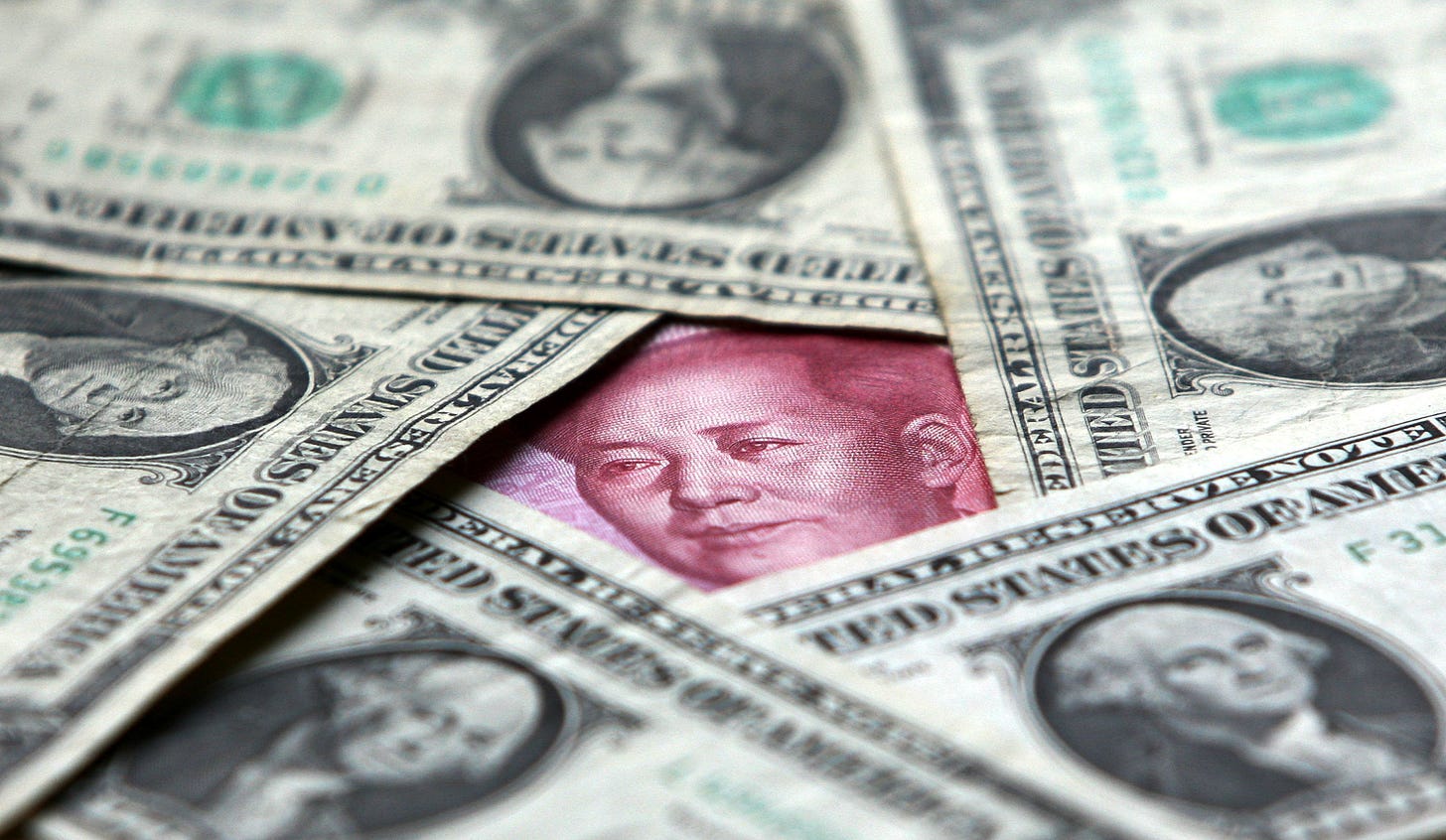
(Photo via Getty Images.)
According to data recently released by the U.S. Treasury Department, several subsidiaries of Chinese companies, including one that drew bipartisan scrutiny from Congress due to its ties with the Chinese military, were the recipients of the Paycheck Protection Program (PPP) loans intended for American small businesses. The federal government has now funded Chinese subsidiaries with millions after telling the American public that Chinese sanctions were critical in the ongoing trade war.
As of early July, the PPP has provided more than 4.9 million loans worth more than $517 billion to participants that include churches, schools, political organizations and now foreign nationals. The plan to help small businesses survive the novel coronavirus pandemic was established by the Coronavirus Aid, Relief, and Economic Security (CARES) Act, and overseen by the Small Business Administration.
Treasury Secretary Mnuchin initially refused to disclose the names of loan recipients after delaying disclosing the information by labeling the loans as confidential “proprietary information.” Since the names and approximate amounts of the loans have been released, many have accused Congress and the Trump administration of providing loans to larger companies that do not need help. There have also been instances where members of Congress have personally benefitted from the program as well.
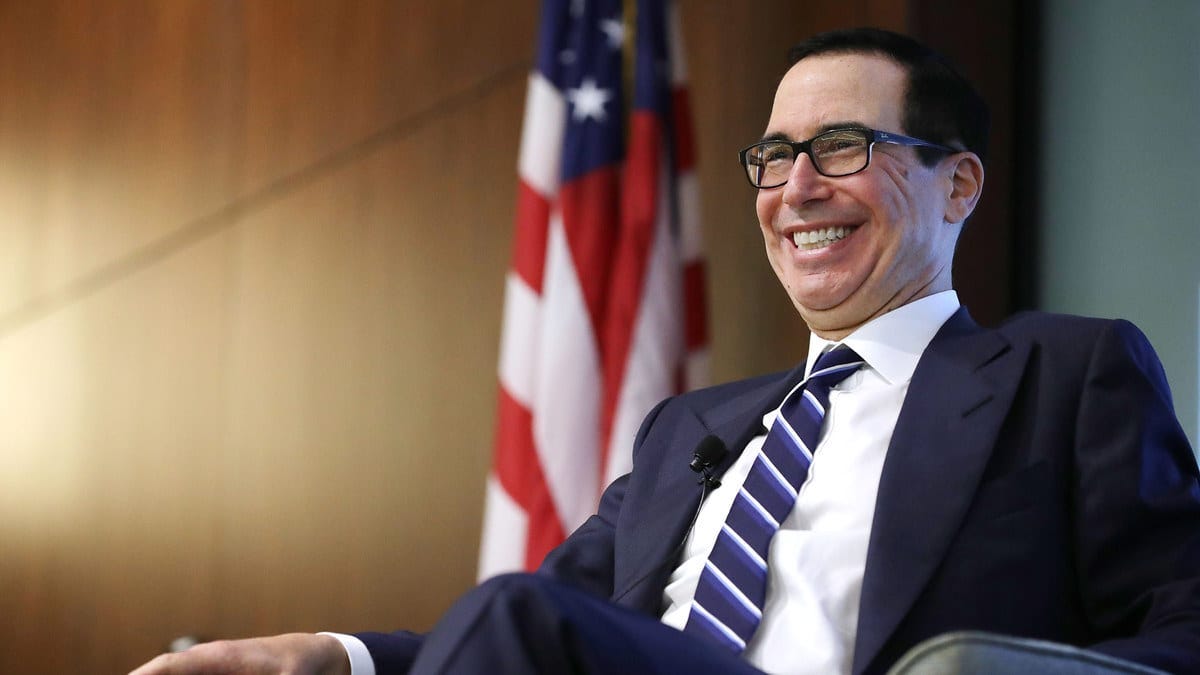
(U.S. Treasury Secretary Steven Mnuchin addresses a conference on financial technology, or fintech, at the Federal Deposit Insurance Corporation April 24, 2019 in Arlington, Virginia. Photo by Chip Somodevilla, via Getty Images.)
While the U.S. taxpayer foots the bill on a program intended to temporarily rescue small businesses in America, it’s important to note that there are terms within the PPP loans that allow the loan recipient to convert the loan into a grant and ultimately not pay the federal government back at all.
BGI Group, a U.S. subsidiary of a Chinese genomics company that has distributed more than 10 million COVID-19 tests to over 80 countries worldwide, has recently been confirmed as a PPP loan recipient. BGI, who received a PPP loan amount between $350,000 and $1 million, has already been approved by the FDA to use their tests within the United States. The company has also been engaged in gene sequencing the residents of the Xinjiang region, a location where over 40% of the current population is made up of a Turkic-speaking Muslim Uighur minority.
There are several other causes for alarm, beyond the fact that the U.S. federal government now seems to be funding the medical work of a Chinese firm. BGI has close ties to the Chinese government and a colossal database that contains sensitive details of the population, and it has previously raised concerns among U.S. officials.
According to William Evanina, a top U.S. counterintelligence official, “[China] has a well-documented history of acquiring and exploiting vast troves of personally identifiable information, including health-related data, on individuals across the globe through illegal, quasi-legal and legal means.” Evanina told Axios: “We justifiably have concerns about Chinese firms subject to Chinese government information-sharing mandates being in a position to collect additional personal data on populations around the globe.”
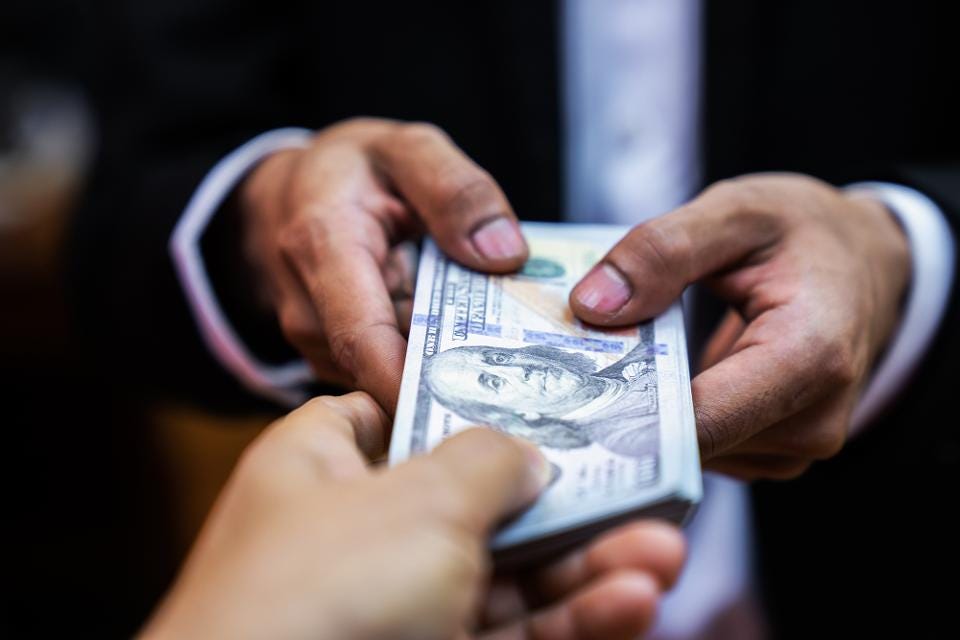
(Photo via Getty Images.)
Moreover, Chinese law demands that private industry within the country comply and work in tandem with the Chinese government to provide “support and assistance” to the government in “safeguarding national security.” A 2017 Chinese law requires the private sector in China to cooperate with intelligence services within the Chinese government.
Additionally, these private Chinese companies that are required by law to coordinate with government ministries, have already pushed human genetics research beyond an acceptable ethical boundary. Authorities in Beijing are attempting to refine genetics-based surveillance capabilities to amass a collective database and ultimately target the Muslim community.
BGI has undeniable ties to the Chinese government. According to Axios: the firm was founded with government support in 1999; it runs China’s massive, government-owned national gene bank facility; it previously received a $1.5 billion loan in 2010 from a Chinese state development bank; and its researchers have collaborated with a Chinese military academy and maintain formal ties with both institutions simultaneously.
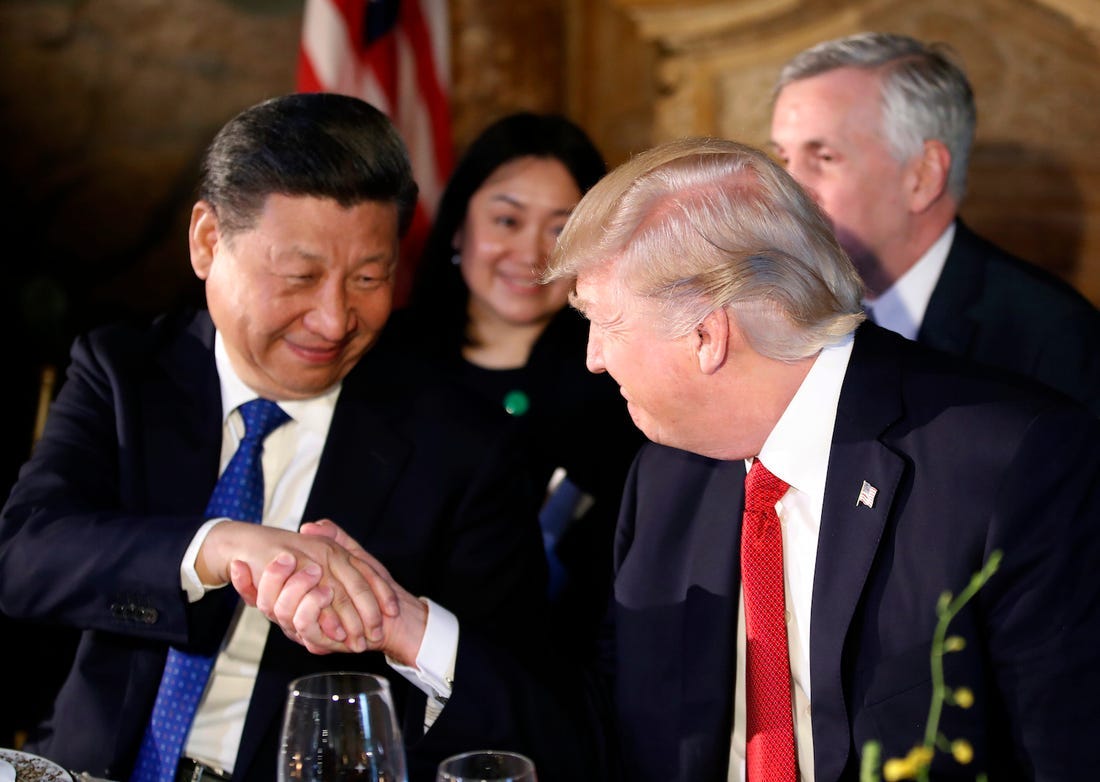
(President Trump and Chinese President Xi Jinping at their first meeting in April of 2017. Photo by Susan Walsh, via Associated Press.)
According to data analysis done by Reuters, CloudMinds Technology Inc., a cloud-based system for robots with the bulk of its workforce and revenue in China, was given a PPP loan of between $1 to 2 million. This was after the company had already raised $186 million in capital in May of 2019. CloudMinds was added to the China trade blacklist in 2020 and had already slashed its workforce globally, particularly in the United States. Despite all of this, the Chinese firm still somehow qualified for a small business loan from the U.S. federal government.
The PPP bailout also benefitted Continental Aerospace Technologies Inc., an aircraft engine manufacturer under the control of the Chinese defense giant Aviation Industry Corp. of China, or AVIC. The company received between $5 million and $10 million in loans, according to Treasury Department reports.
AVIC is also involved in a joint venture with another Chinese company called General Electric Co. and the result is Aviage Systems. Aviage, the Arizona based arm of the Chinese government that produces avionics equipment, received between $150,00 and $350,000 in loan money.
The U.S. government also gave between $350,000 and $1 million to HNA Group North America LLC and HNA Training Center NY LLC, affiliates of the Chinese conglomerate HNA Group Co., according to the data and the analysis of that data from Bloomberg. The Chinese firm know as HNA Group has businesses in airport services, transportation, real estate, financial services, leasing, tourism, hotels, and logistics.
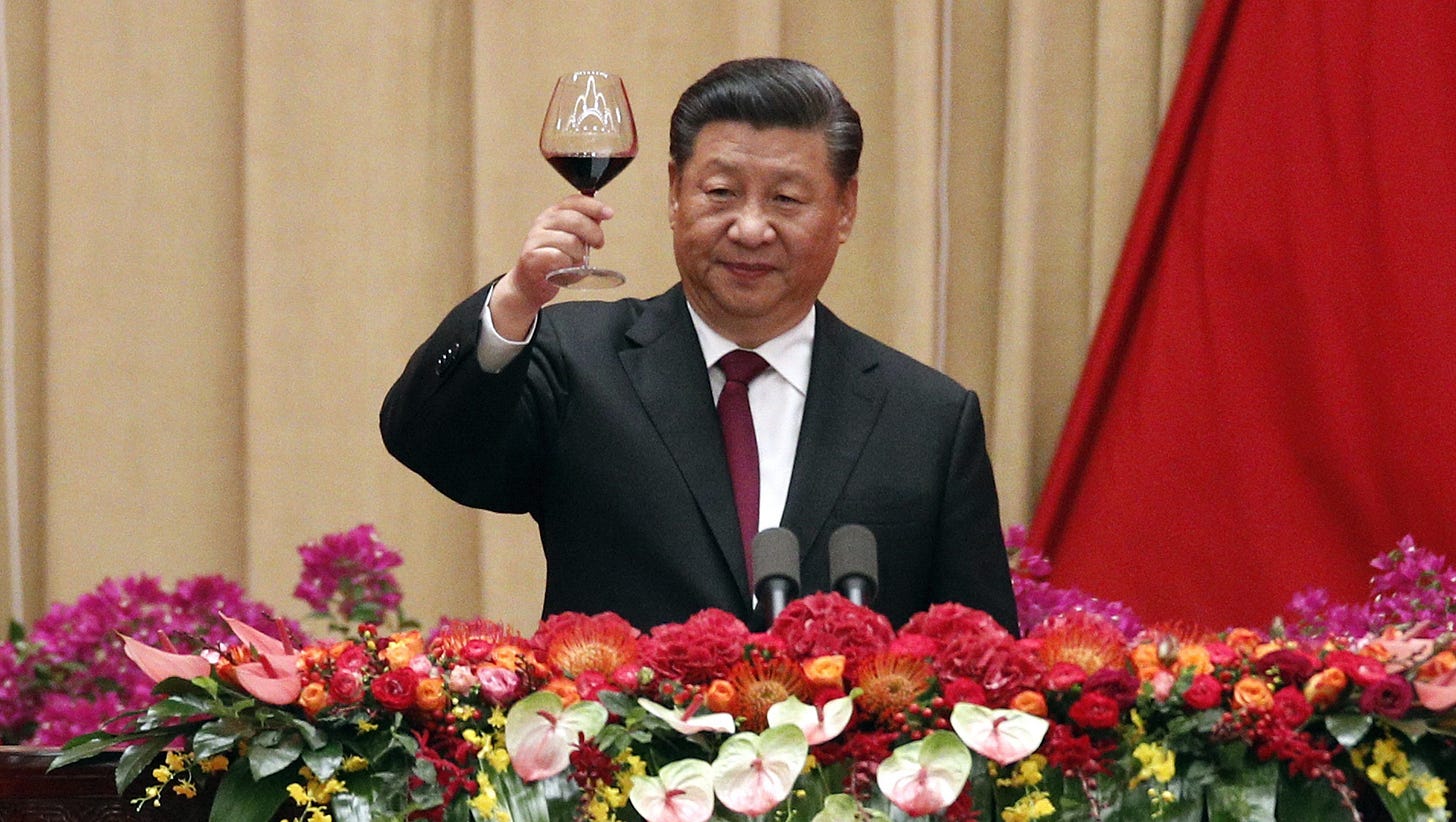
(Chinese President Xi Jinping, head of the Communist Party of China, raises his wine glass in Beijing in September 2014. Photo by Feng Li, via Getty Images.)
A bipartisan group of lawmakers had just recently appealed to President Trump to impose economic penalties on 20 Chinese companies that are considered to be owned or tied to the Chinese military. Those companies appeared on a list created by the U.S. Department of Defense, that was cleared for open publication on June 12.
In a public statement, Sen. Tom Cotton (R-AR) and Rep. Mike Gallagher (R-WI) praised the Pentagon for releasing the list and declared that the U.S. needed to counter China's "parasitic technology transfer efforts." They went on to cite the report as “one piece of a broader campaign our nation must wage against the Chinese Communist Party” and they added, “We urge the President to impose economic penalties against these Chinese military firms."
AVIC, one of the Chinese aviation companies that controls Continental Aerospace Technologies, who has just been infused with American taxpayer money, appeared on a list of companies Congress was recommending for sanctions just last month.
Ultimately, the language of the small business PPP bailout program does not expressly prohibit U.S. subsidiaries of foreign based corporations from receiving loans. The Treasury Department and the Small Business Administration have provided that companies who maintain that the United States is their principal place of residence is eligible to qualify for loans. One thing is certain: given that some extremely questionable people and entities were able to obtain funding from this first round of PPP loans, Congress needs to really scrutinize this next round of applicants and add some significant new restrictions to the process.
If you like this piece and you want to support independent journalism, you can forward this article to others, get a paid subscription or send a gift subscription to someone else today. Your paid subscriptions allow me to keep publishing critical and informative work that is sometimes made available to the public.
Amee Vanderpool writes the SHERO Newsletter and is an attorney, published author, contributor to newspapers and magazines and analyst for BBC radio. She can be reached at avanderpool@gmail.com or follow her on Twitter @girlsreallyrule.




I keep telling everyone DT and CO are playing a game with China against us. DT is weakening America and is selling us off piece by piece to China, Russia and Saudi Arabia.
Such important reporting and this article alone is worth the subscription. Nothing is as it appears in this administration and knowledge is our only power.